Company Directory - New Zealand Forest Managers
Company Details - New Zealand Forest Managers

New Zealand Forest Managers
WebsiteTūrangi, New Zealand
New Zealand Forest Managers is a 100% Māori-owned professional forestry management company established in 1989. Based in Tūrangi and Taupō, New Zealand, the company offers forestry management services with a focus on sustainable practices and a deep connection to Māori values.
CCI Score
CCI Score: New Zealand Forest Managers
5.34
0.01%
Latest Event
Resumption of Pine Log Exports to India
New Zealand Forest Managers (NZFM) resumes exports of New Zealand pine logs to India, marking a new phase in its trade diversification strategy and aligning with New Zealand’s government trade achievements. The move reflects sustainable business practices and an openness to embracing innovative technologies in the forestry sector.
Take Action
So what can you do? Support NZFM by shopping, spreading the word, or offering your support.
- Shop Alternatives
SEE ALL - Use Your Voice
OTHER TOOLS - Investigate
- Share the Score
SUPPORT CCI
OBJECTOR
New Zealand Forest Managers is currently rated as an Objector.
Latest Events
 MAR232025
MAR232025New Zealand Forest Managers (NZFM) resumes exports of New Zealand pine logs to India, marking a new phase in its trade diversification strategy and aligning with New Zealand’s government trade achievements. The move reflects sustainable business practices and an openness to embracing innovative technologies in the forestry sector.
 JAN012024
JAN012024A case study highlighting efforts in indigenous-led sustainable forestry practices, innovative biomaterial production, and community-based economic initiatives in New Zealand that counter exploitative models and promote ethical, environmentally responsible business.
+70
Public and Political Behavior
March 22
The case study underscores strong indigenous community engagement and collaboration with governmental bodies. This proactive and transparent public engagement represents a commitment to democratic and ethical political behavior, distancing the company from authoritarian influences.
+80
Business Practices and Ethical Responsibility
March 22
The initiative demonstrates highly ethical business practices by integrating sustainability with a focus on indigenous values. The emphasis on local manufacturing, waste reduction, and community empowerment supports fair labor practices and ethical responsibility.
+65
Technology and Services Impact
March 22
The focus on developing novel biomaterials, biofuels, and biochemicals from forest resources illustrates the company's positive impact on technology and sustainable innovation. While promising, further scale and investment in cutting-edge processes are areas for growth.
+60
Economic and Structural Influence
March 22
The initiative's emphasis on local value retention, reducing dependence on raw exports, and fostering community-based economic gains reflects a positive economic and structural influence. However, challenges in global scaling and market integration suggest room for improvement.
 MAR152023
MAR152023An opinion piece criticizes forestry companies in New Zealand for placing profit and logging interests ahead of community welfare, human rights, and environmental sustainability. The article specifically challenges companies like New Zealand Forest Managers for failing to live up to their social licence and responsibility under the United Nations Guiding Principles on Business and Human Rights.
-80
Labor Relations and Human Rights Practices
March 22
The article harshly criticizes forestry companies for neglecting their human rights responsibilities, highlighting failures to protect local communities from environmental degradation and breaches of te Tiriti o Waitangi. By prioritizing logging over people’s rights and failing to adhere to the UN Guiding Principles on Business and Human Rights, New Zealand Forest Managers is implicated in practices that undermine worker and community safety, contributing to systemic inequities and environmental harm. Such neglect reflects deeply problematic labor relations and human rights practices.
Forestry companies must grasp their human rights responsibilities
Alternatives

Corporation
77.58
Corporation
-22.40

Corporation
35.57

Canada
55.09

Australia
12.31

Corporation
63.11

Corporation
-3.05

Corporation
-32.57

Corporation
-83.95

Canada
66.93
Industries
- 113310
- Logging
- 115310
- Support Activities for Forestry
- 113320
- Forest Nurseries and Gathering of Forest Products